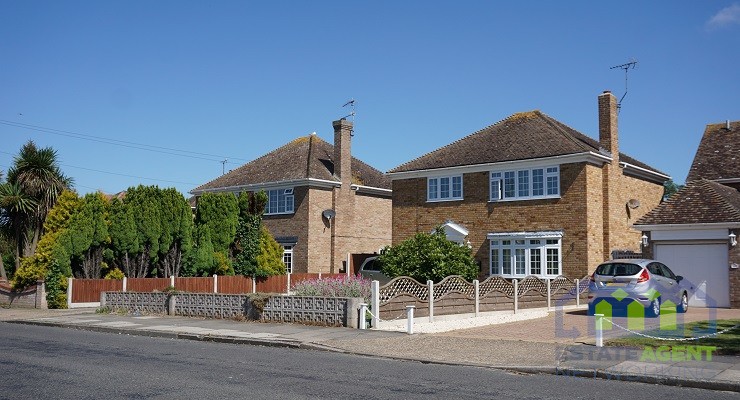What is property development finance? A step-by-step guide
Whether you’re a first-time property developer or a seasoned professional, the question which will decide your success is; ‘How am I going to fund my property development?’. Securing a pipeline of capital is paramount and, whether you’re approaching a bank, building society or niche lender, it can be a complex process if you’ve never done it before. However, you can benefit from the experience of others. Therefore, if it’s your first development, consider surrounding yourself with as many experienced people as possible including your architect and builder.
When it comes to finance, there are a multitude of resources online – such as this guide produced by UK Finance and case studies from developers. However, nothing can substitute getting help and guidance from an experienced mortgage adviser, who can share both their knowledge and network.
We asked the team at largemortgageloans.com for the most common questions they face on a dayto-day basis and they kindly obliged:
I’m considering a property development. Where do I start?
If you’ve already found a site, think about your overall vision and the type of investment you will need to turn that vision into reality. If you are looking for a site, consider the scale of the project you want to take on. Prepare a timeline and, most importantly, look at the figures to ensure the return on your investment is going to make the process worthwhile financially for you and any investors you have on board. Consider if you might be eligible for a Government fund.
Working through all of the above should help you start to build a picture of the amount of funding you will require and the length of time you will need it for.
Should I build a commercial or residential development?
Largely this will depend on the site and its location. You will need to work closely with your local planning authority as they will have zoning in place either restricting or permitting development of certain types of properties.
When it comes to finance, there are lenders who provide specialist commercial property development loans and those who specialise more in residential developments. Therefore, your approach will need to be targeted appropriately. The best way to do so is to speak to a mortgage adviser who has contacts within these finance houses. They should know the lenders inside out and can help you make the introductions.
What’s the application process for property development finance?
It will differ slightly from lender to lender but – just like any business proposition – the finance provider will need to feel secure that their loan is in safe hands. That means they will want to see a detailed package from the developer, clearly outlining the business opportunity. This will include an overview of the site, plans of the proposed development, financial information including comparative quotes from contractors and a detailed timeline.
With property development finance, it’s rare to have all the money released at once. Developers usually receive a tranche of funding at the beginning, and then further portions of funding when the development reaches agreed stages. In order to have that money released, the lender will usually work with a Quantity Surveyor who will visit the development at agreed times to ‘sign off’ the project and confirm that the requirements have been met.
Is property development finance expensive?
The rate you will pay on your lending depends on a number of factors, but development finance is more involved than High Street lending so you will have fees to consider, for example those relating to the involvement of a Quantity Surveyor.
Generally, property development loans allow the interest to be ‘rolled-up’ which means you don’t have to make repayments whilst the build is underway. However, once you see a return on your investment, you will be required to repay all (or some) of the loan and the interest is added on at this stage.
Am I eligible for a bridging loan?
Because property development finance can be complex, we do sometimes advise clients that a bridging loan would be more suitable. Like a property development loan, you don’t pay anything back until an agreed time, at which point you also pay back the interest with the repayment vehicle obviously being the sale of the development itself.
Ensure anyone you work with in arranging or securing a commercial loan is accredited by the National Association of Commercial Finance Brokers – the UK’s flagship trade body for commercial brokers.
I’m a first-time property developer. Will banks consider lending to me?
Yes, they will, but you may face more challenges. Banks need to have some certainty that they will get their money back in the long-term and so you may need to work a little harder for a positive outcome. The right team of people advising you on the financing is invaluable here, so ensure your mortgage adviser has a team of specialists in property development finance, as their help will make a huge difference.
Charles Ayton is Senior Commercial Manager at largemortgageloans.com







